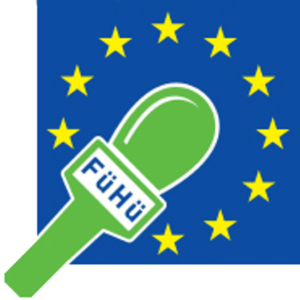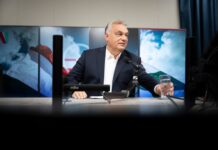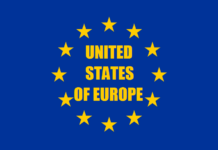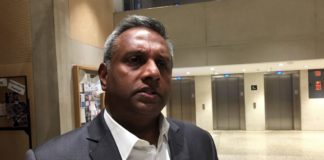Címke: George Soros
Soros két társával megvette a képviselőházat
Többszáz millió dollárt költött el a republikánus párt elleni propagandára, hogy megvehesse a többséget a képviselőházban George Soros, Tom Steyer és Michael Bloomberg. Ezt...
Soros a titkosszolgálatok miatt szólalt meg
Két fronton is lépett az Orbán-kormány ellene irányuló támadásai ellenére sokáig hallgató Soros György: közleményben cáfolta a vádpontokat a magyar médiának, s ezzel párhuzamosan...
“The Hungarian government should at least be saying: We are so...
The Hungarian government should be ashamed of its treatment of the refugees and not proud of it, says Salil Shetty, Secretary General of Amnesty...





















